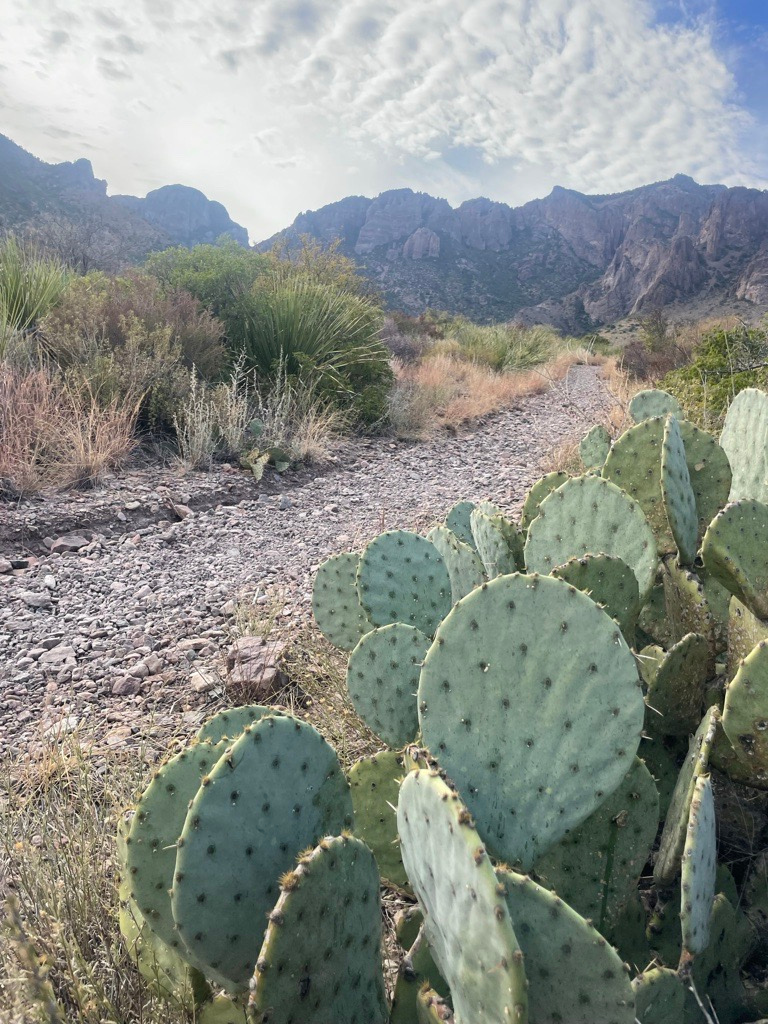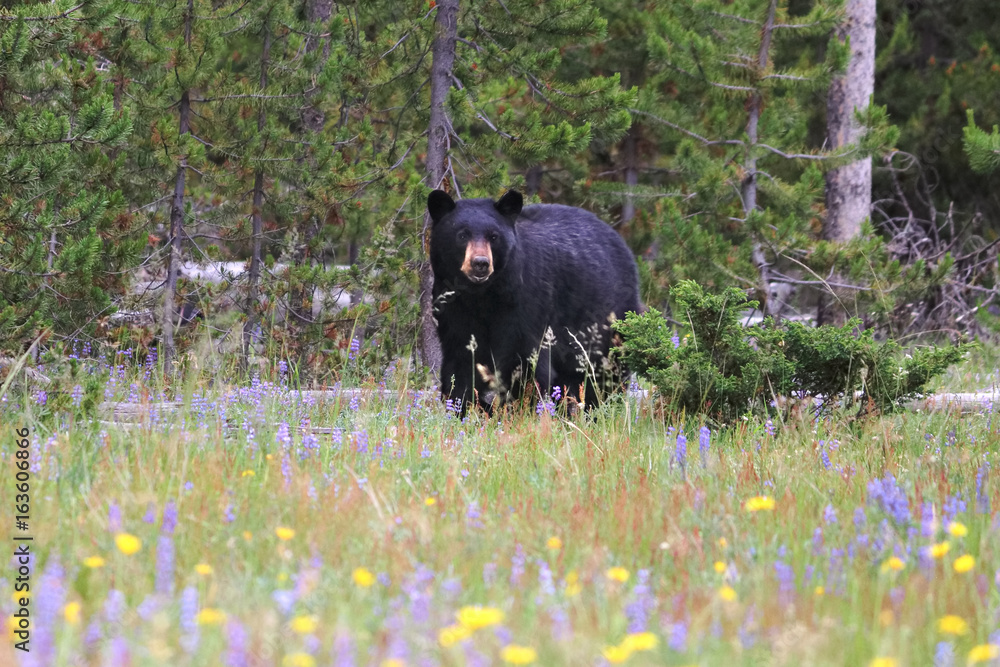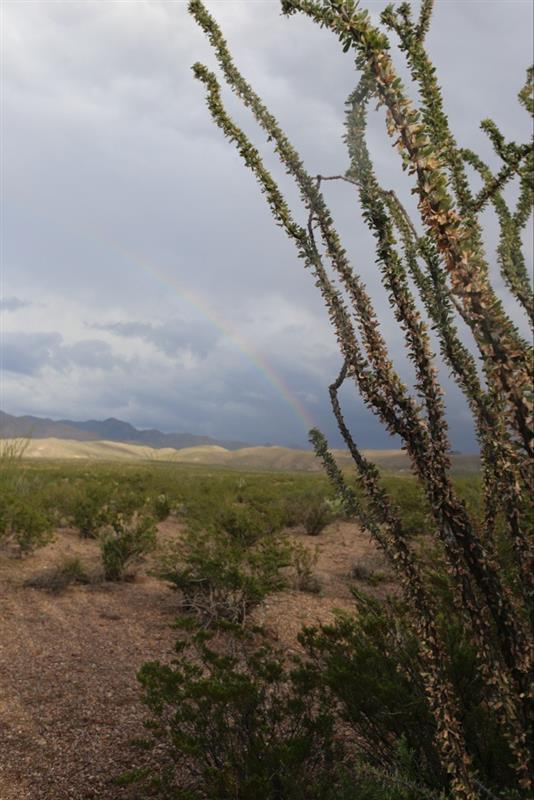OWI leverages its assets to connect diverse stakeholders engaged in wildlife resiliency and facilitates solution-focused dialogue and research to address complex wildlife challenges. Ultimately, OWI serves as a conveyor of critical wildlife information across sectors.
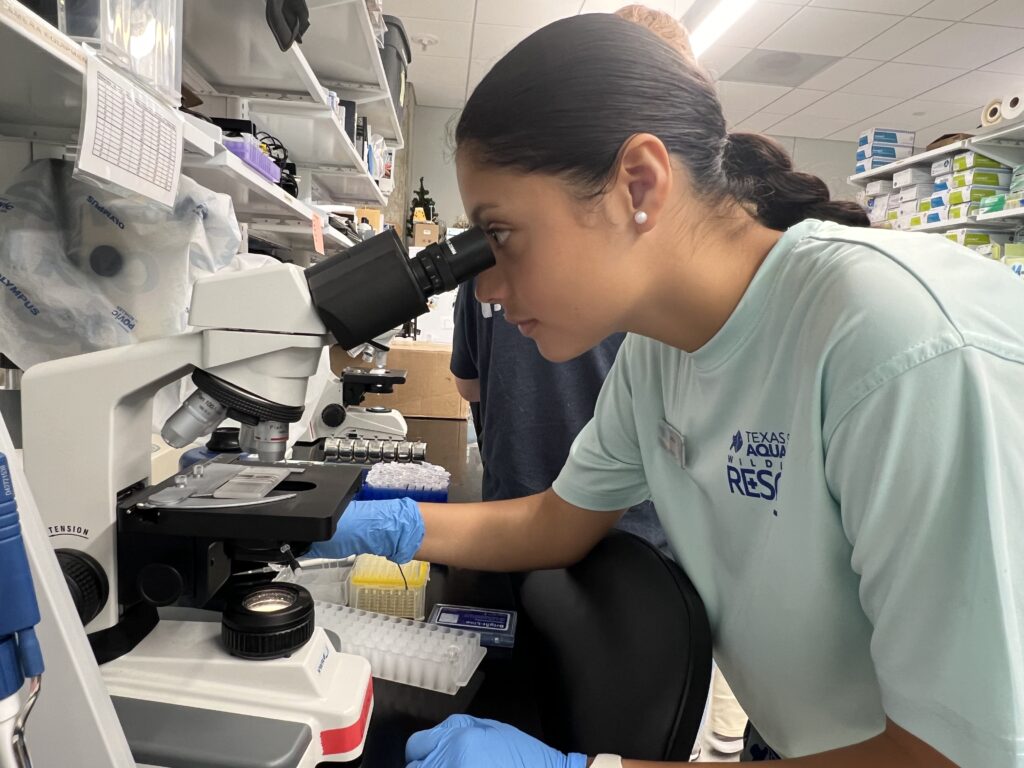
Workforce Development
The Flint Hills Resources STEMM Workforce Development Center (STEMM Center) inspires and educates the next generation of science, technology, engineering, math, and medical professionals through immersive, hands-on learning. As a cornerstone of OWI’s Integrated Workforce Development Pipeline, the STEMM Center equips students to explore careers in STEMM fields and fosters lasting connections with peers, industry leaders, and organizations. Since 2023, more than 5,100 students have participated in its programs.
Wildlife Disaster Response Professional Development and Training
The Wildlife Academy delivers specialized training programs designed to close critical skills gaps in wildlife and environmental disciplines. It equips individuals and organizations with the expertise needed to advance conservation efforts, respond to environmental emergencies, and support resilient communities. Since 2024, the Academy has trained over 700 wildlife professionals.
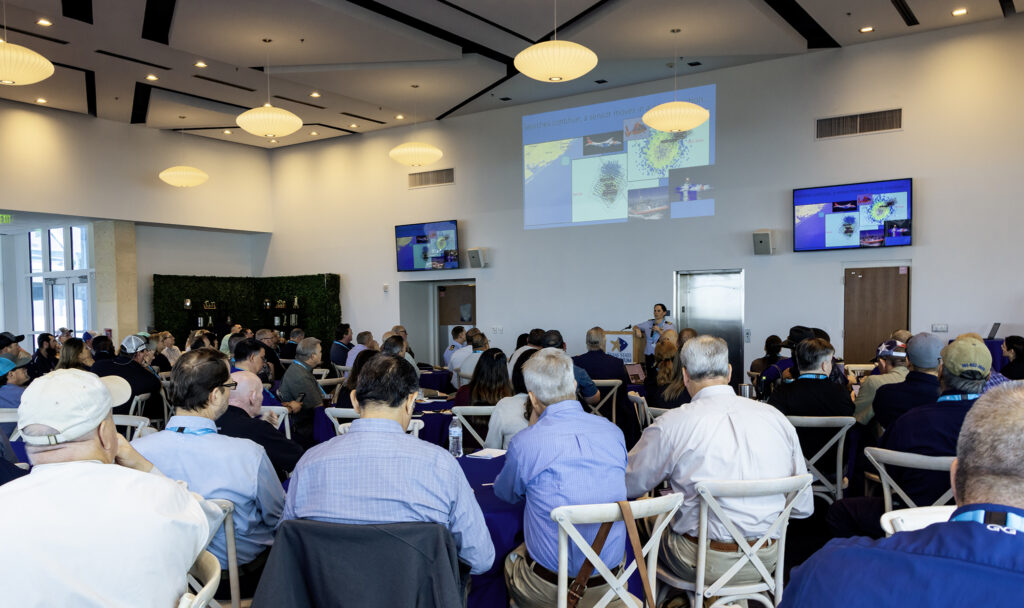
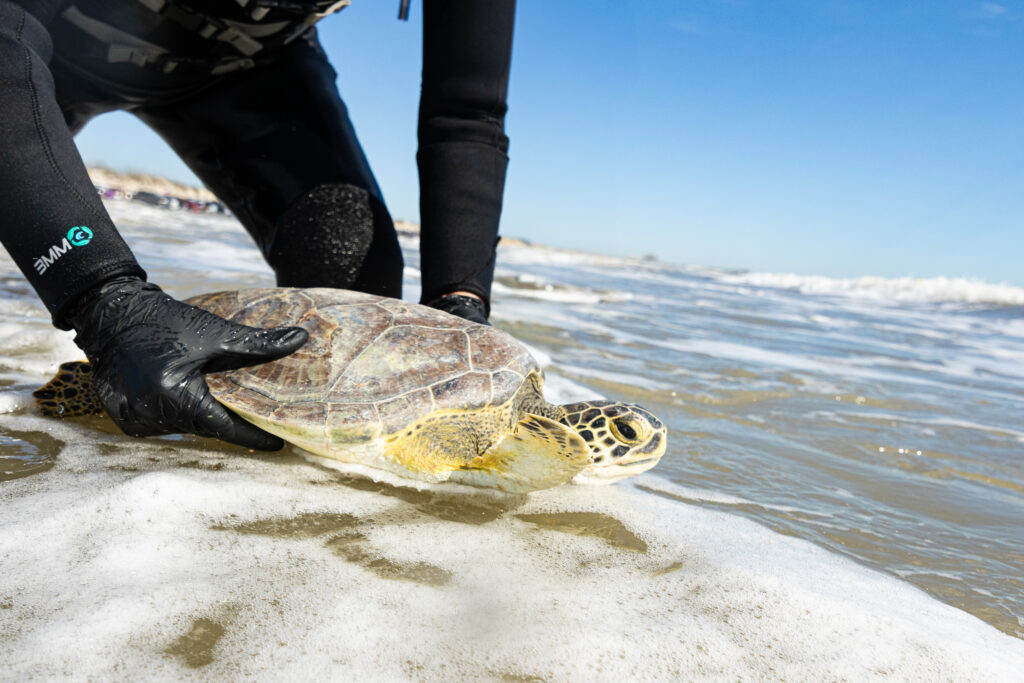
Wildlife Rescues
The Office of Emergency Management (OEM) supports OWI’s emergency preparedness and response activities. It ensures operational continuity by safeguarding people, facilities, animals, and the Institute’s reputation, while fostering collaboration as a leader in emergency management.
Policy Advancement
OWI is committed to advancing science literacy to build an informed community capable of shaping effective wildlife policy. The Institute leverages storytelling and digital platforms to extend its influence, reaching an estimated 5.9 billion media impressions in 2024. Working with consultants in Washington, D.C. and the Texas State Capitol, OWI maintains continuous engagement in the legislative process to promote data-driven wildlife policy at both state and federal levels.
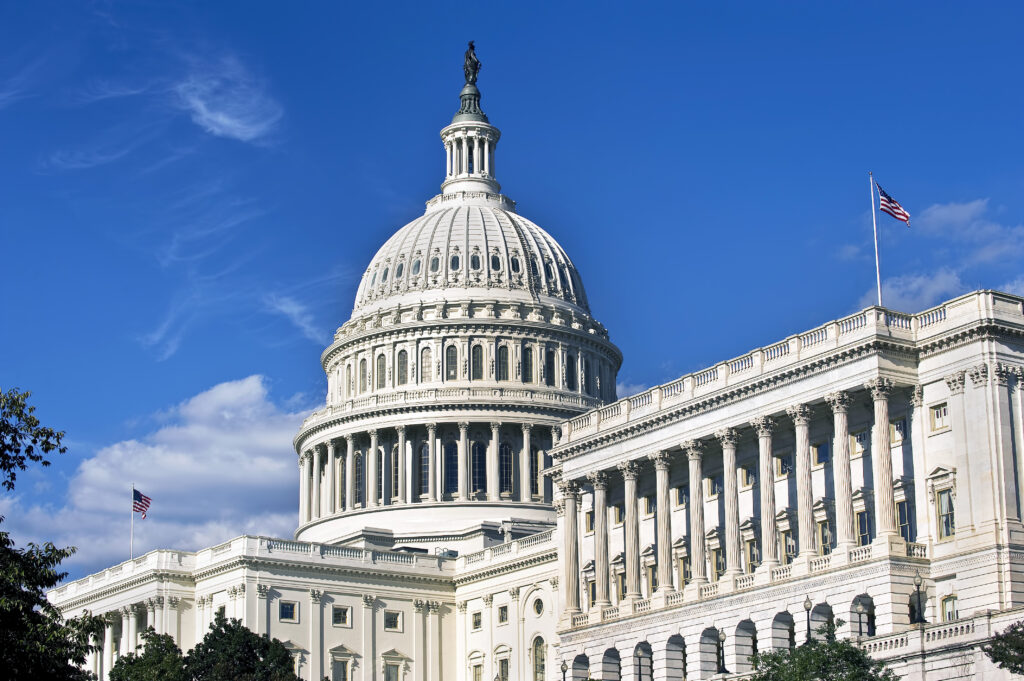
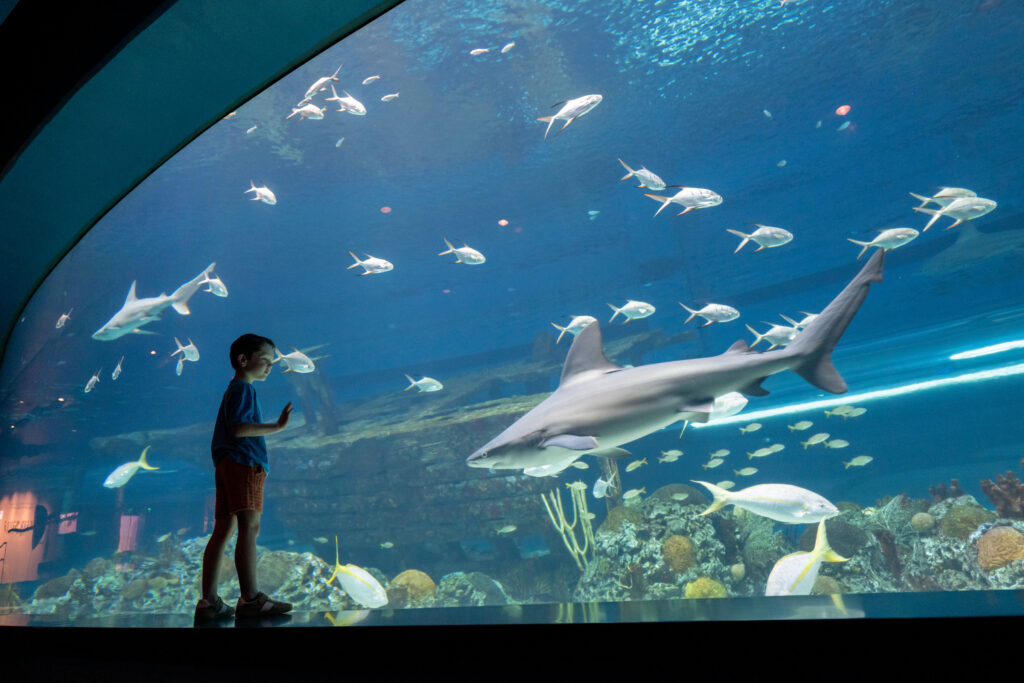
Economic Development
The Texas State Aquarium, the largest in Texas and one of the top five in North America, is a vital educational, environmental, and economic resource. As South Texas’s most visited tourist attraction, the Aquarium has generated a $1.2 billion economic impact since 2014 and supports over 1,200 jobs annually. It anchors the revitalization of Corpus Christi’s North Beach neighborhood. With OWI’s growing portfolio, this once-thriving tourism hub is poised to become the premier coastal destination in Texas.
Applied Translational Wildlife Research
The Wildlife Resiliency Research Center unites Texas’s leading wildlife experts and institutions to turn the best available science, engineering, and medical knowledge into actionable strategies that conserve wildlife, build resilient communities, and sustain economic vitality. The Research Center collaborates with state and federal agencies, academic institutions, conservation non-governmental organizations (NGOs), and industry to leverage expertise from Corpus Christi Bay to the Texas coast, the Gulf, and beyond.
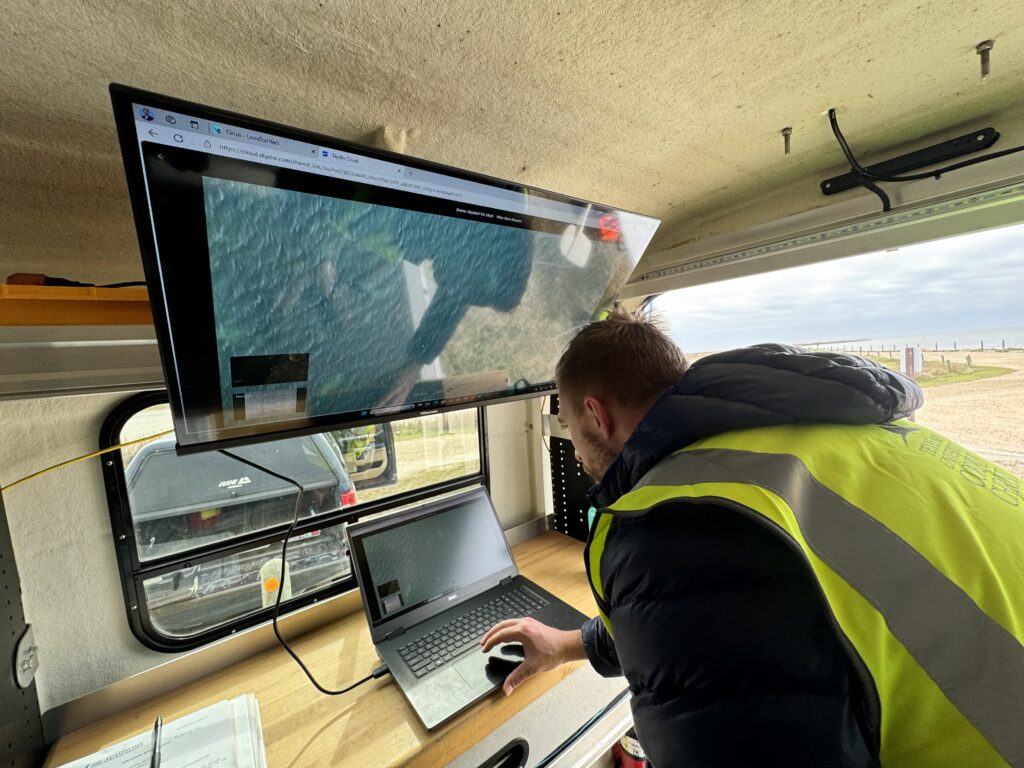
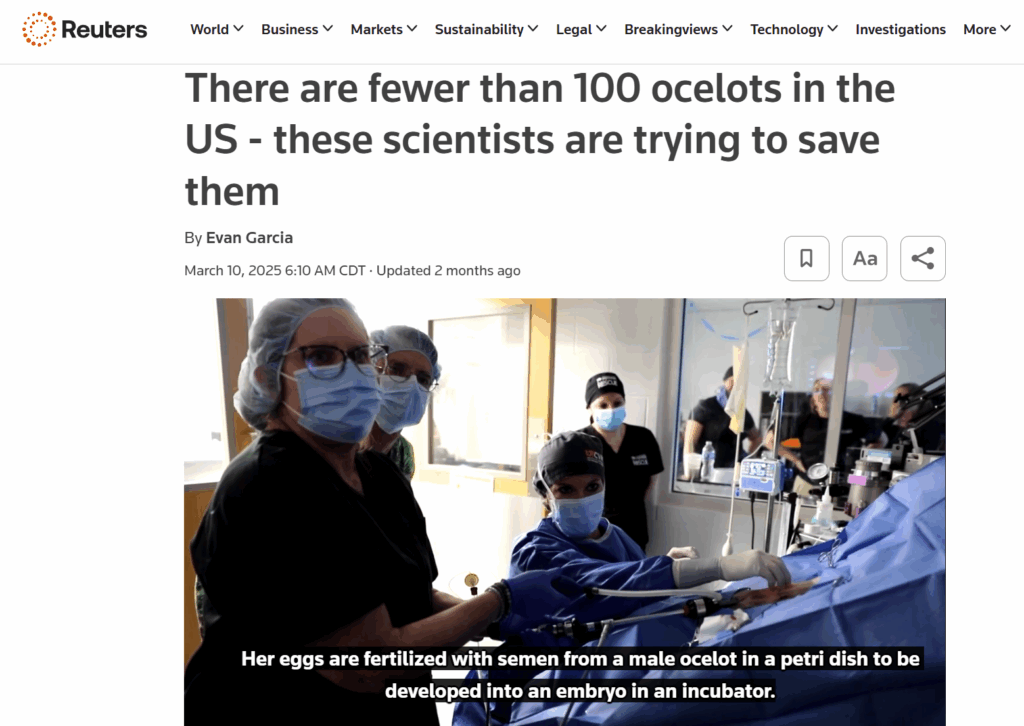
Real Stories. Real Impact.
Ocelots, once widespread across the southwestern United States, have seen their numbers dwindle to fewer than 100 in South Texas due to habitat loss and hunting. A recent Reuters article sheds light on the dedicated efforts by scientists and conservationists striving to save these elusive wild cats. Initiatives include advanced breeding programs, habitat restoration, and the establishment of new facilities aimed at bolstering the ocelot population.
OWI leverages its assets to connect diverse stakeholders engaged in wildlife resiliency and facilitates solution-focused dialogue and research to address complex wildlife challenges. Ultimately, OWI serves as a conveyor of critical wildlife information across sectors.

